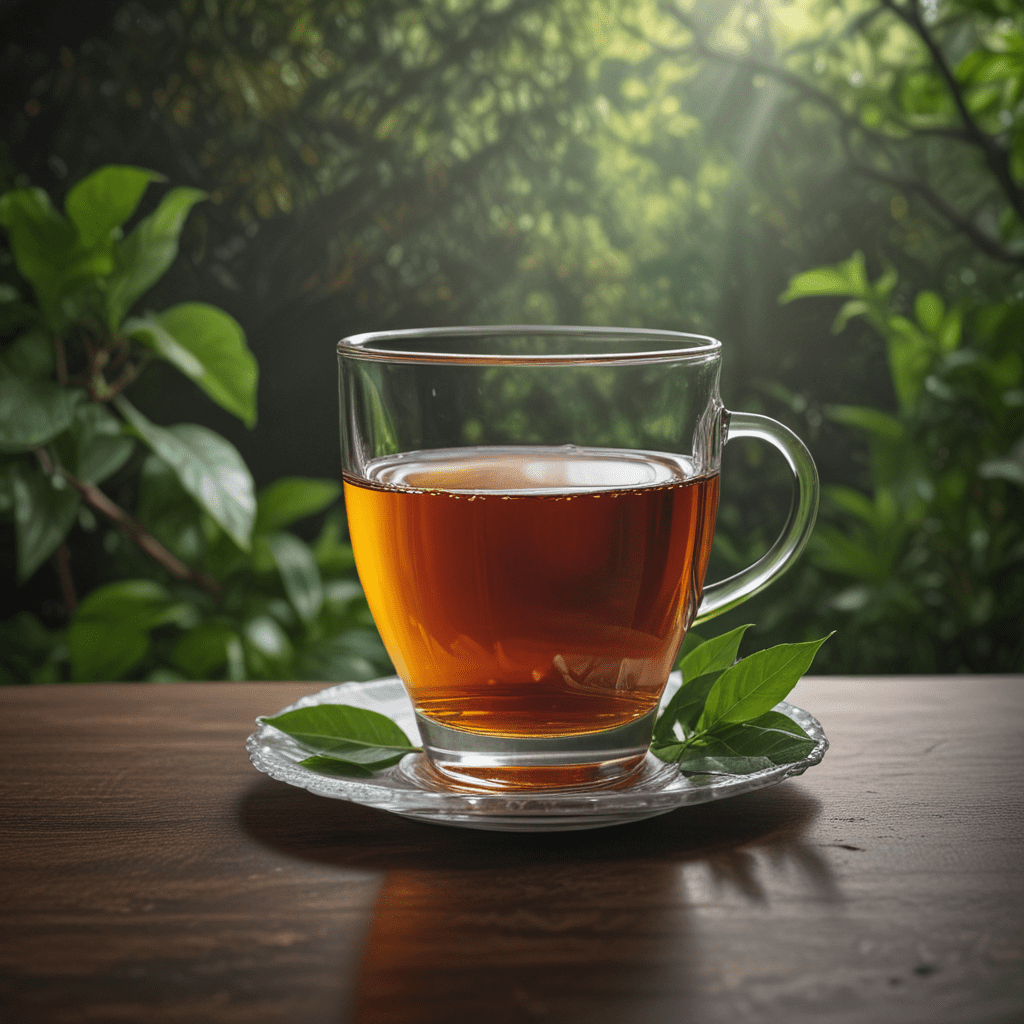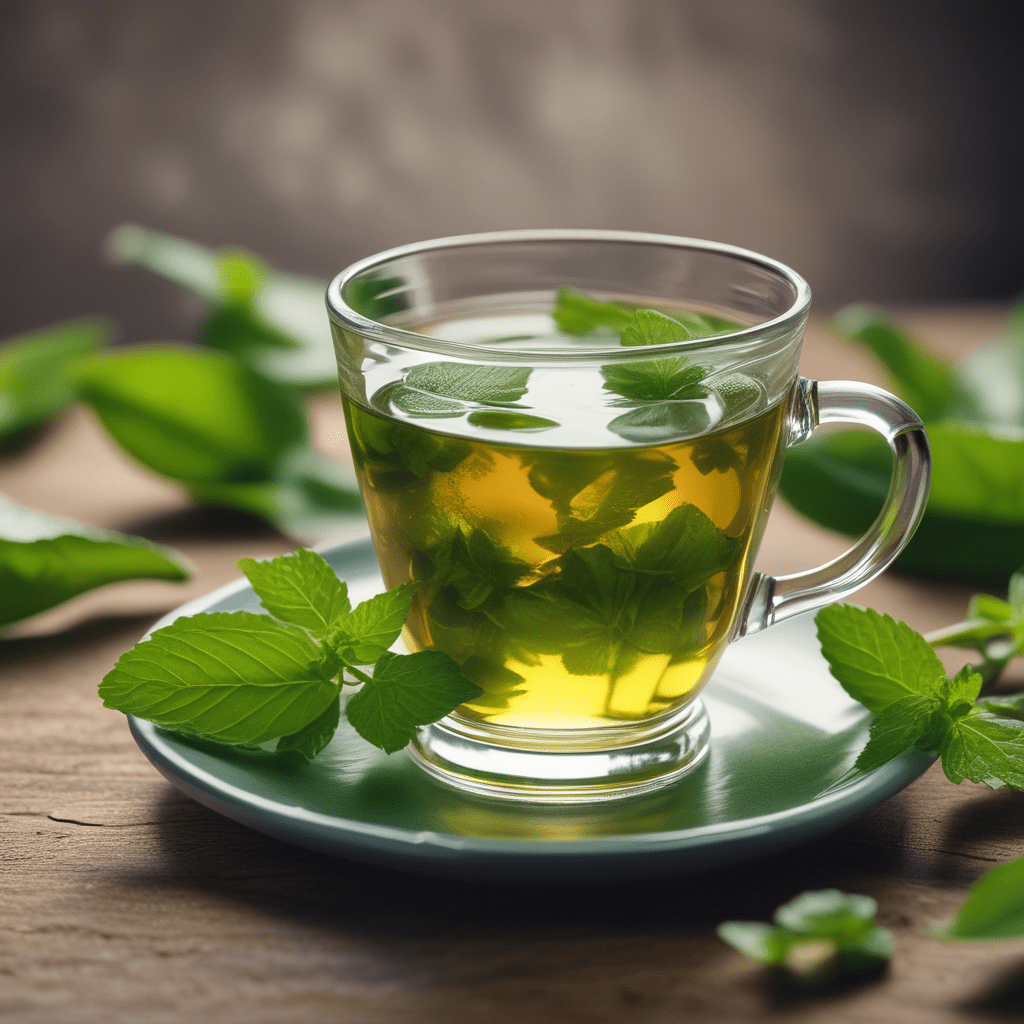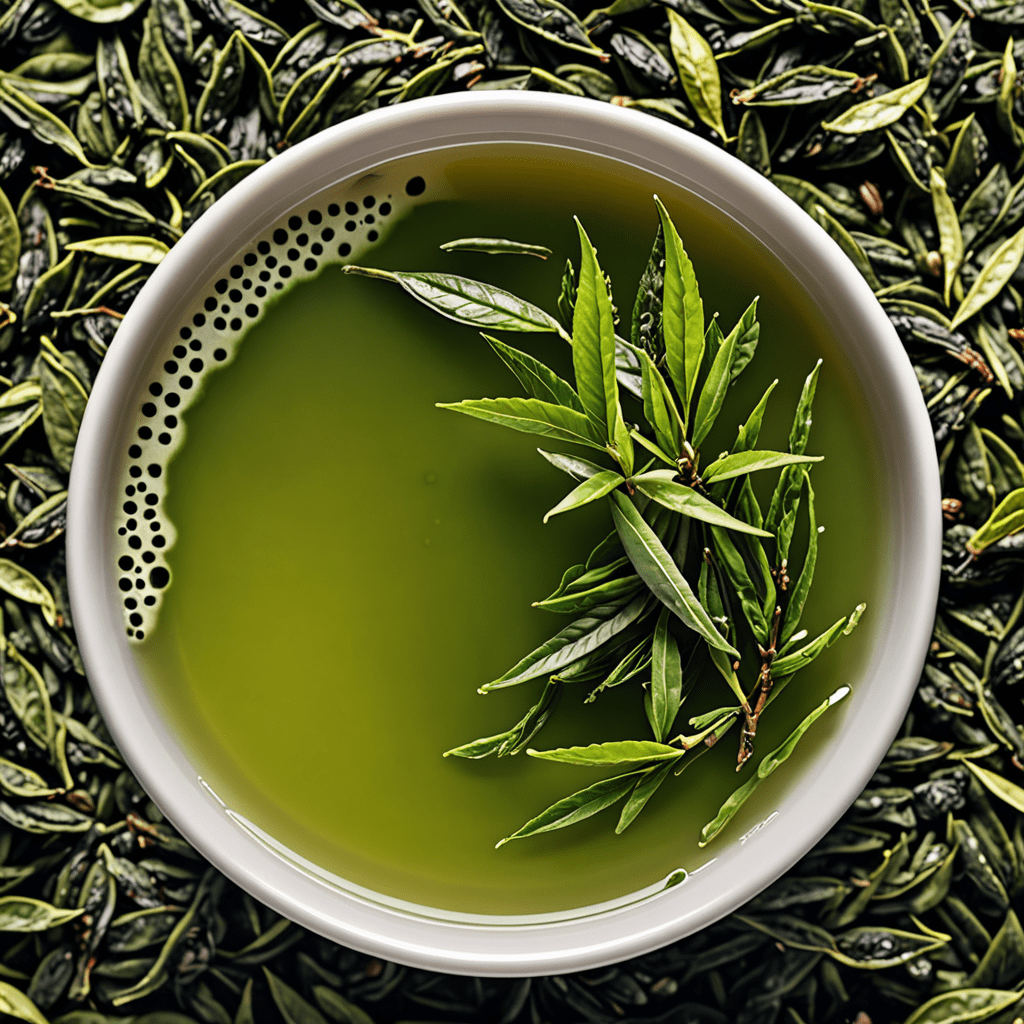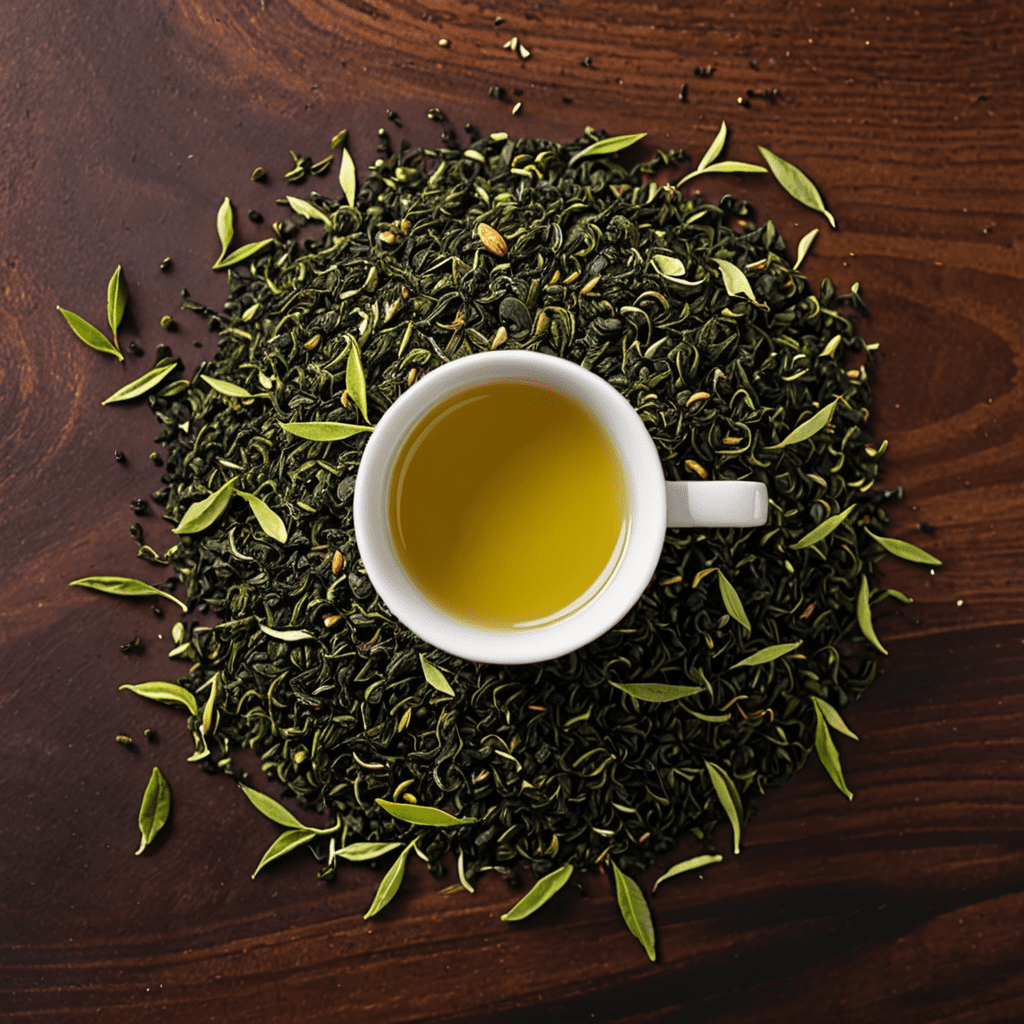Ceylon Tea in the Modern World: Trends and Innovations
Introduction
The world of tea has evolved significantly over the centuries, and Ceylon tea has remained at the forefront of innovation and excellence. Today, Ceylon tea continues to enchant tea enthusiasts worldwide, captivating palates with its distinct flavor profiles and rich cultural heritage.
Sustainability and Ethical Practices
In the modern era, consumers are increasingly conscious of ethical sourcing and environmentally friendly practices. Ceylon tea growers have embraced this shift, prioritizing sustainability throughout the production process. From organic farming methods to fair trade initiatives, Ceylon tea producers are dedicated to protecting the environment and ensuring the well-being of tea workers. By adopting sustainable practices, they not only preserve the integrity of Ceylon tea but also contribute to the overall health and vitality of the industry.
Emerging Tea Varieties and Blends
Innovation extends to the development of new tea varieties and blends. Ceylon tea growers have experimented with different cultivars and growing conditions to create unique and captivating teas. From the delicate floral notes of white tea to the bold, full-bodied flavors of black tea, the diversity of Ceylon teas caters to a wide range of preferences. Additionally, tea blenders have crafted exquisite combinations, infusing classic teas with spices, herbs, and fruits to offer tantalizing new taste experiences.
Specialty Teas and Artisanal Production
The rise of specialty teas is a testament to the growing appreciation for artisanal craftsmanship and high-quality ingredients. Ceylon tea producers have responded to this demand by creating exclusive, small-batch teas that showcase the finest of their harvests. These specialty teas often feature rare or limited-edition cultivars and undergo meticulously controlled production processes that preserve their exceptional flavors and aromas. By embracing artisanal production methods, Ceylon tea growers ensure the highest quality and exclusivity, catering to discerning tea connoisseurs.
6. Health and Wellness Benefits
Ceylon tea is not only a delightful beverage but also offers a plethora of health and wellness benefits. Recognized for its high antioxidant content, Ceylon tea assists in combating free radicals, protecting cells from oxidative damage. Research suggests that regular tea consumption may support cardiovascular health by lowering cholesterol levels and reducing the risk of heart disease. Additionally, Ceylon tea contains L-theanine, an amino acid known for its calming effects, helping to promote relaxation and reduce anxiety. By incorporating Ceylon tea into a healthy diet, individuals can enhance their overall well-being and vitality.
7. Tea Tourism and Immersion Experiences
The allure of Ceylon tea has given rise to tea tourism, offering visitors an immersive and educational experience. Travelers can embark on guided tours of tea plantations, witnessing firsthand the meticulous cultivation and harvesting practices. Tea factories open their doors to visitors, showcasing the artisanal processes and state-of-the-art technology involved in tea production. Immersive experiences also include traditional tea ceremonies, allowing participants to connect with the cultural heritage and rituals associated with tea. By engaging in tea tourism, enthusiasts can deepen their appreciation for Ceylon tea and gain a profound understanding of its origins and significance.
8. Digital Marketing and E-commerce
The digital age has significantly influenced the marketing and distribution of Ceylon tea. Tea companies have embraced e-commerce platforms, enabling consumers worldwide to conveniently purchase their favorite Ceylon teas online. Social media has also become an essential tool for tea brands, allowing them to connect with tea enthusiasts, showcase their products, and share captivating content about the world of tea. Through targeted digital marketing campaigns, Ceylon tea producers can reach global audiences, expand their reach, and promote the unique qualities of their teas. By leveraging technology, the Ceylon tea industry has opened new avenues for growth and accessibility.
9. Global Tea Collaborations and Partnerships
Collaboration and partnerships have played a significant role in shaping the modern Ceylon tea industry. Tea producers have forged alliances with global brands, chefs, and beverage experts to create innovative products and culinary experiences. These collaborations introduce Ceylon tea to new markets, showcasing its versatility and compatibility with diverse cuisines. Partnerships also facilitate knowledge exchange and technological advancements, benefiting both the Ceylon tea industry and its global partners. By embracing collaboration, Ceylon tea producers continue to push boundaries and elevate the global perception of this exceptional beverage.
10. Future Outlook and Opportunities
The future of Ceylon tea looks promising, with emerging trends and opportunities shaping its trajectory. Sustainable and ethical practices will remain at the core of the Ceylon tea industry, ensuring the long-term preservation of tea estates and the livelihoods of tea workers. Innovation in tea production and blending will continue to drive growth, catering to evolving consumer preferences and tastes. The rise of health-conscious consumers presents opportunities for Ceylon tea to be positioned as a natural and beneficial beverage. Tea tourism and immersive experiences will continue to play a vital role in promoting Ceylon tea and fostering cultural exchange. By embracing these opportunities, the Ceylon tea industry is well-positioned to maintain its global prominence and continue captivating tea enthusiasts worldwide.
FAQ
Ceylon tea is unique to Sri Lanka, formerly known as Ceylon, and is renowned for its distinctive flavor and aroma.
Ceylon tea undergoes a meticulous process that includes cultivation, harvesting, withering, rolling, oxidation, and drying.
Ceylon tea is classified into three main categories: black tea, green tea, and white tea, each with its unique characteristics.
Ceylon tea can be enjoyed as a refreshing beverage, included in culinary creations, and incorporated into wellness rituals.
Ceylon tea is widely available at specialty tea shops and online retailers.



